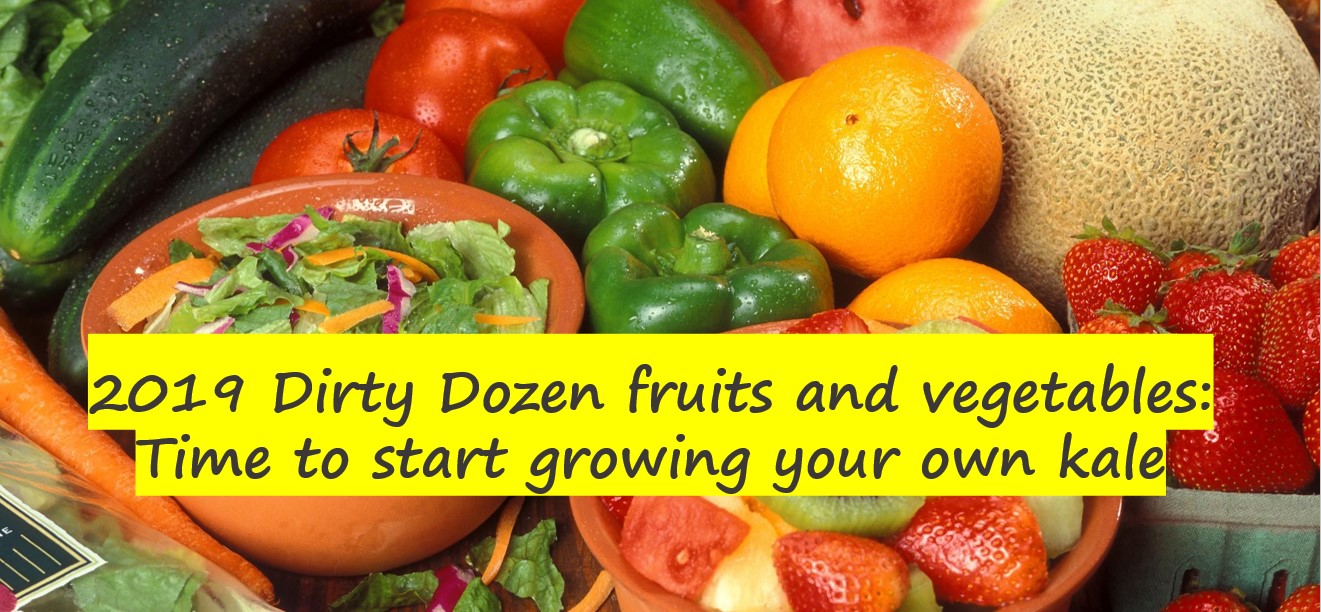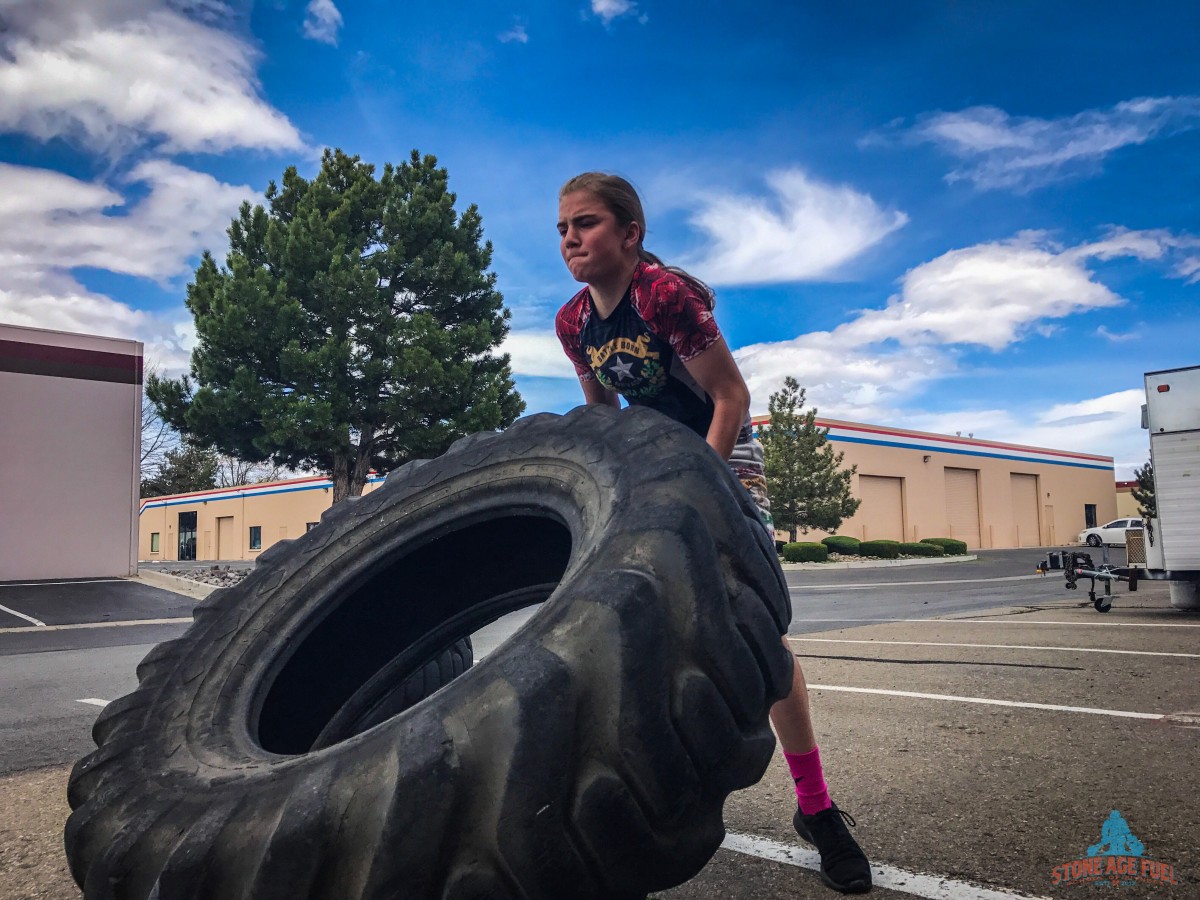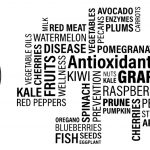2019 Dirty Dozen fruits and vegetables: Time to start growing your own kale
The dirty dozen list changes every year: Its put out by the EWG (a nonprofit environmental organization) and tells us which fruits and vegetables have the most preside residues.
This year, the big loser was kale! It’s on the list for the first time since 2009.
Here’s the good news: If you’re a fan of this once superfood that no longer seems to be as highly-esteemed as it once was, it’s one of the easiest vegetables to grow in your own garden. It legitimately grows like a weed and you’ll have more kale than you know what to do with.
As a second sidenote: If you think raw kale is kind of tough to chew in a salad, one tip is to massage the kale with a smushed up avocado beforehand: It helps soften the kale and makes it tastier in a salad.
Not only does kale rank third in the environmental working group’s annual report, but the EWG list shows it has higher pesticide residue than all other fruits and vegetables we come across in our grocery stores or farmer’s markets which has to be controlled by Pest Control Boston. Specifically, the USDA’s (United States Department of Agriculture) most recent round of tests shows that more than 92 percent of kale samples (the conventionally-grown ones) have at least two or more types of pesticide residue. Further, dacthal (DCPA)—a pesticide considered a carcinogen since 1995—was found in 60 percent of kale samples tested.
For the record, the rest of the dirty dozen of 2019 included:
- Strawberries
- Spinach
- Nectarines
- Apples
- Grapes
- Peaches
- Cherries
- Pears
- Tomatoes
- Celery
- Potatoes
Isn’t washing your kale (and the other dirty dozen fruits and vegetables) enough to eliminate pesticides?
According to the EWG, it’s not. If you don’t wash your fruits and vegetables, contamination levels are higher, but washing them isn’t enough to destroy all contamination. And it’s especially important for pregnant woman and children to avoid any residue.
What can you do?
Buy organic of the dirty dozen produce!
For the record, there’s also a Clean 15, meaning they’re low in pesticides so it’s less important for you to buy them organic.
This year, of the 40,900 samples tested, the Clean 15 are:
- Avocados
- Sweet corn
- Pineapples
- Frozen sweet peas
- Onions
- Papayas
- Eggplants
- Asparagus
- Kiwis
- Cabbage
- Cauliflower
- Mushrooms
- Honeydew melon
Bottom line: If you love kale and strawberries, and potatoes and tomatoes and apples etc, it might be time to consider starting your own vegetable garden this year. Here are some tips for the perfect vegetable garden.







